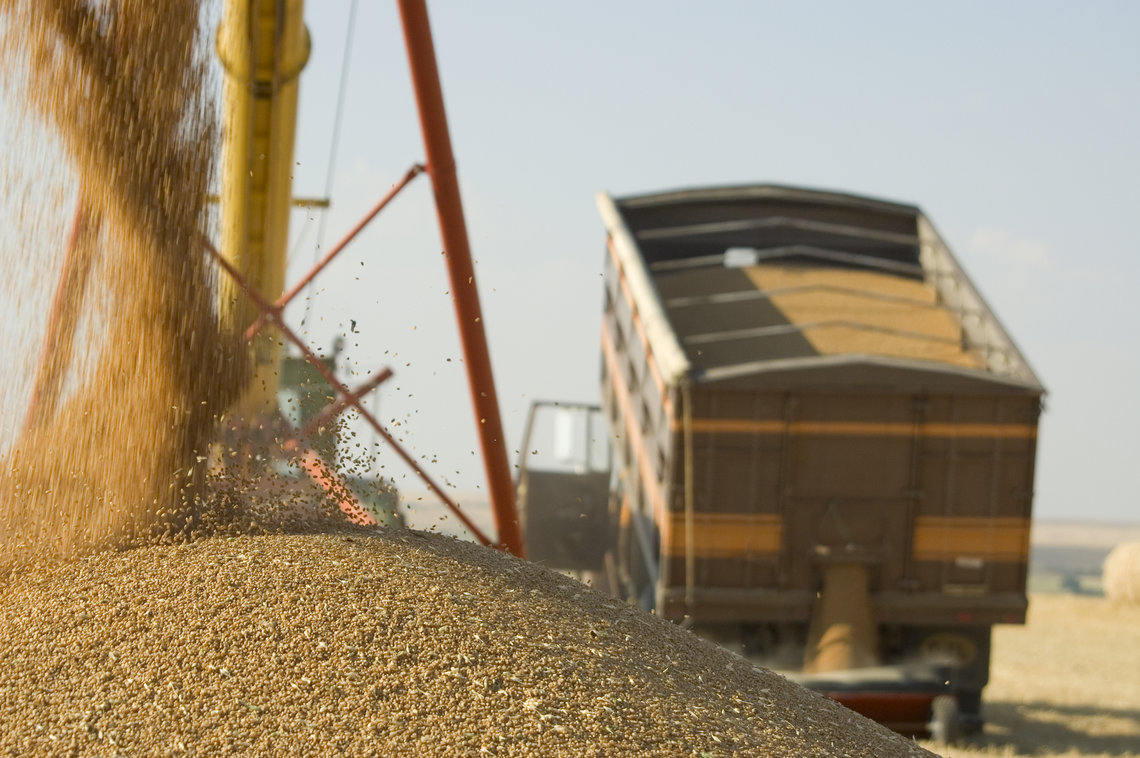Independent truck drivers in Brazil are threatening to conduct a nationwide strike on February 1st to protest high fuel prices, high toll charges, and low freight rates. Drivers are upset about the recent increases in fuel prices which account for 50% to 60% of their cost of doing business.
Officials from The National Association of Autonomous Transport in Brazil (ANTB) indicated that the dissatisfaction of drivers has been increasing as fuel prices have increased and promises have not been kept after the last strike in 2018. Fuel prices in Brazil are being adjusted by Petrobras on a daily or weekly basis depending on market conditions and drivers want a nationwide fuel price that would be adjusted every six months or a year.
ANTB represents approximately 4,500 independent drivers and they claim that 70% of their member support a potential strike. In Brazil, approximately 70% of the cargo moves by truck and 83% of the truckers are independent drivers. They claim that the Brazilian public and small farmers are supporting their efforts.
The drivers are also upset about high toll charges on the nation’s highways and that the Brazilian Supreme Court has derailed their efforts for a mandatory minimum freight rate. They are demanding a meeting with the President Jair Bolsonaro to express their concerns.
A repeat of the 2018 nationwide strike could be extremely costly to an economy that is struggling to recover from the pandemic. The 10-day strike in 2018 by 20,000 drivers resulted in fuel and food shortages across Brazil and it is estimated to have cost the Brazilian economy R$ 10 billion per day in lost economic activity. During the previous strike when truckers blocked key Brazilian highways, the Brazilian economy basically ground to a halt within a few days after the strike started. The government capitulated to the trucker’s demands, but have since reneged on some of their promises.
Truck drivers in the agricultural areas of Brazil are not yet onboard with a nationwide strike because it could occur just as the soybean harvest would be getting underway. Harvest time is the most profitable period for truckers because the demand for trucks is so high they can charge higher freight rates and have all the business they can handle.
If a strike would occur in early February, it could disrupt some of the early deliveries of new crop soybeans to crushers and exporters, but it would be less disruptive this year than in a normal year because of the delayed start to the soybean harvest.




